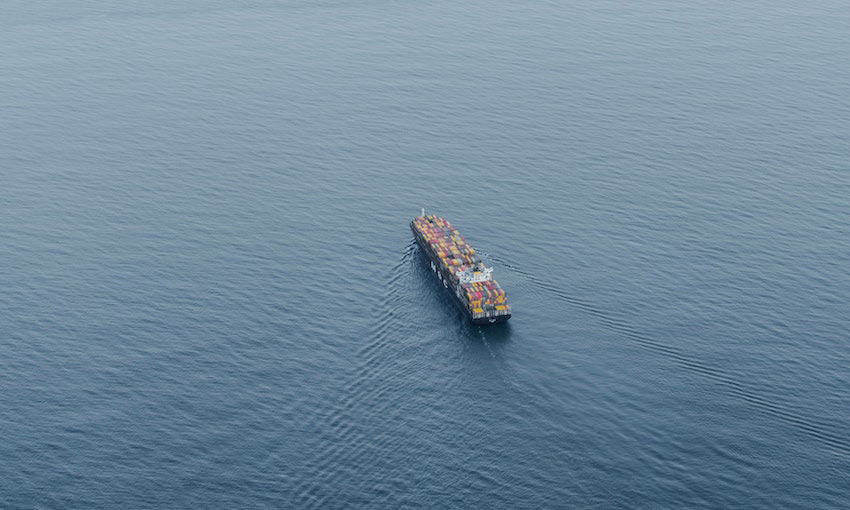THE MARITIME and Port Authority of Singapore (MPA) and the UN Global Compact Network Singapore (GCNS) have signed a memorandum of understanding to help strengthen the maritime industry’s capacity in carbon accounting and management.
Under the new MoU signed yesterday (14 August), MPA and GCNS will collaborate with key industry associations to train their members on the use of the Carbon Emissions Recording Tool (CERT) to measure and monitor their companies’ carbon emissions.
Parties involved in the training include the Association of Regional Ferry Operators, Association of Singapore Marine & Offshore Energy Industries, the Singapore Association of Shipsuppliers and Services (SASS), and the Singapore Shipping Association.
Teo Eng Dih, chief executive of MPA said the MOU reaffirms the importance of carbon accounting and management tools, to help maritime companies to accurately measure, report and verify their carbon emissions.
“We look forward to collaborating with GCNS and industry associations to help maritime companies meet their emission targets and compliance requirements” he said.
The MPA says the MoU partners will work together to develop training workshops to meet the carbon accounting and management needs of maritime companies.
This will reportedly include information sharing on green financing and funding schemes that maritime companies can tap into to reduce their deployment cost of low and zero-carbon emission technologies and vessel designs.
Veronica Lai, vice president of GCNS said GCNS was delighted to strengthen the “vital” partnership with MPA and the trade associations of ASMI, ARFO, SASS and SSA.
“We firmly believe that collaboration within the industry is essential for advancing Singapore’s maritime decarbonisation efforts, and this MoU is a testament of that commitment” Ms Lai said.
“We look forward to working hand in hand with MPA and our industry partners to equip local companies with the resources and knowledge to effectively manage their emissions.
“We are excited to support and facilitate the maritime sector in navigating their transition towards a low-carbon future.”

